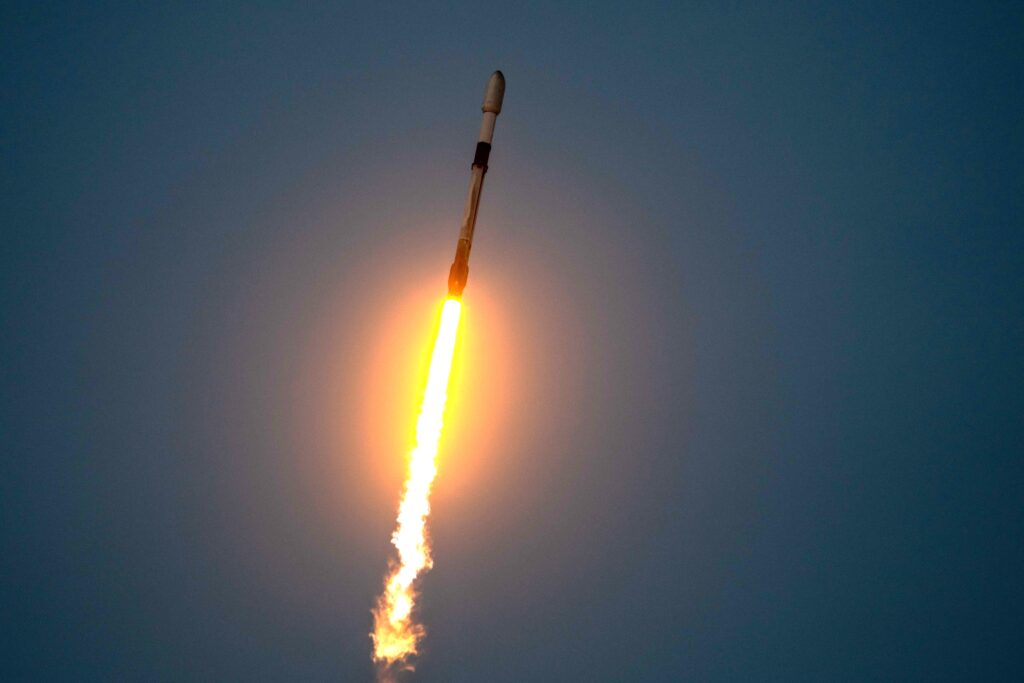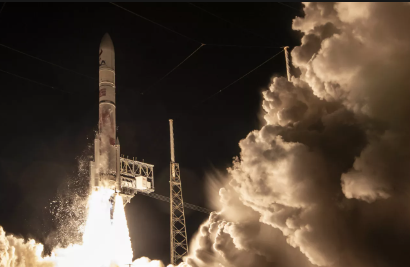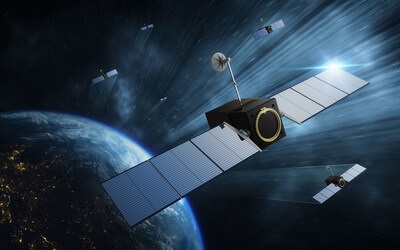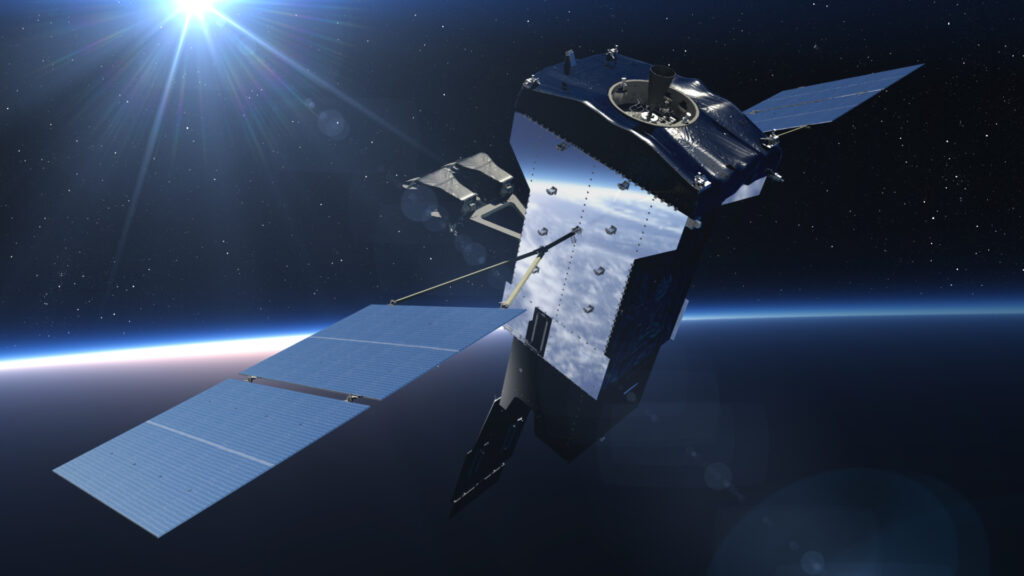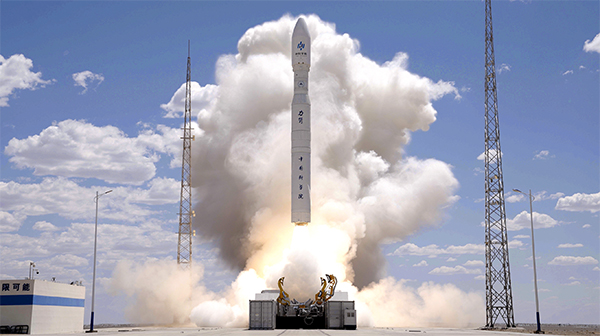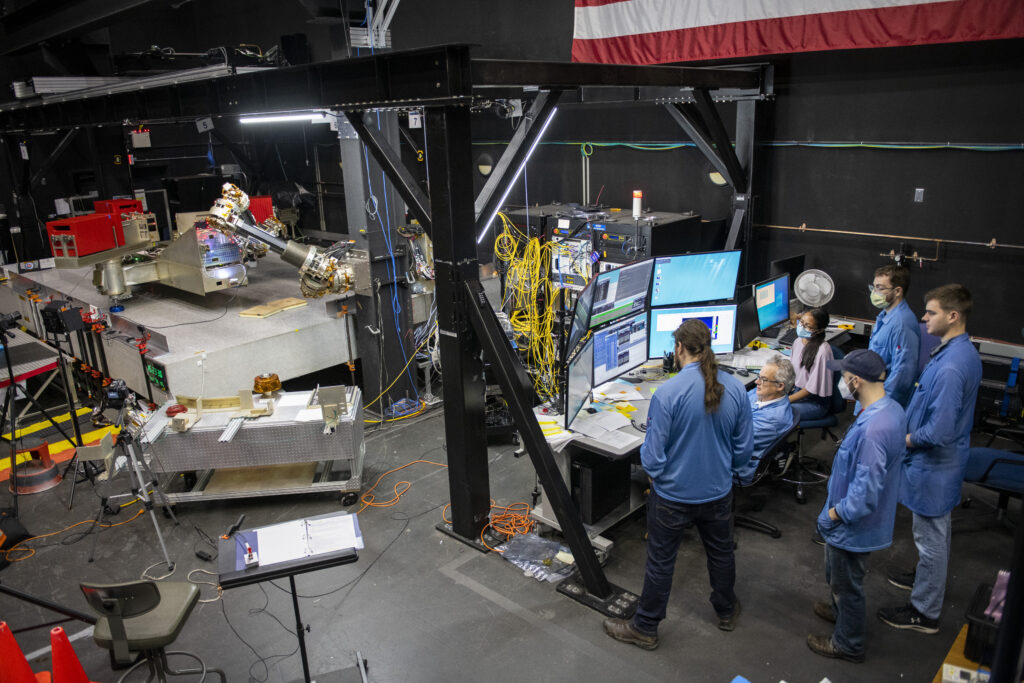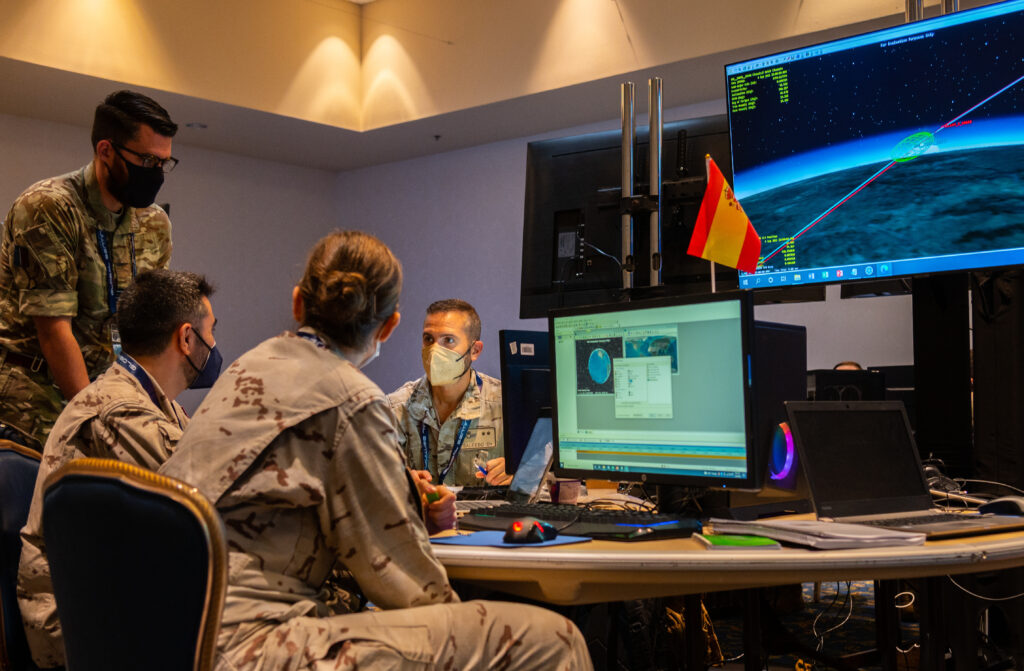Posts Tagged ‘military space’
Launch records topple in 2024 with busiest January of space age
Averaging a liftoff every 33 hours and 49 minutes, January’s 22 successful launches to space marked the busiest start to a year since the Space Age dawned in 1957, and put the globe on track for 259 launches in 2024, which would easily eclipse records set in 2023, according to a Space Foundation database.
Read MoreWith maiden flight, ULA’s Vulcan joins 2024’s stampede to space
United Launch Alliance’s Vulcan launch vehicle successfully roared aloft Monday on its maiden flight from Florida, carrying lunar payloads and keeping up a blistering pace of spaceflight that could drive 2024 past annual records for payloads sent to space and launches set in 2023. The first eight days of 2024 have seen four launches from the United States, including three by SpaceX, along with missions to orbit from India and China.
Read MorePentagon pivots with big bet on commercial LEO satellites
The Pentagon placed a big bet on commercial space services when it issued its first open-ended contracts worth as much as $900 million to 16 companies offering communications and remote sensing services from low-Earth orbit.
Read MoreHow artificial intelligence in space will play key roles for the US Space Force
Artificial Intelligence (AI) will play key roles for the military, from helping humans parse through oceans of Earth observation data to maneuvering satellites as constellations grow ever larger, Space Force Lt. Gen. John Shaw predicted during an online discussion with America’s Future Series.
Read MoreIn 22nd Launch of 2023, China lofts national record of 26 satellites to orbit
China on June 7 lofted a national record of 26 satellites to orbit in a single launch atop its Lijian-1 launch vehicle, a solid-fueled rocket developed for commercial use by the Chinese Academy of Science.
Read MoreU.S. budget proposals for 2024 would add $5 billion in space spending
Unclassified federal space spending would top $60 billion in 2024 under budgets proposed by the White House March 10, with an extra $5 billion planned for civil and military programs.
Read MoreNew Leader Takes Space Force Helm as Dangers in Orbit Loom
Pentagon leaders emphasized the growing importance of missions in orbit Wednesday as they welcomed the second general to command the Space Force. The new chief of space operations, Gen. Chance Saltzman, pledged to get his young service ready for war.
Read MoreU.S. Defense Strategy Document Pledges Commercial Space Protection
In a first-of-its-kind shift in stated strategy, the Biden Administration pledged, in a document that outlines Pentagon plans, to protect growing American commercial interests in space while advancing military space capabilities and international cooperation in orbit. Military space has returned to the spotlight in recent years after a slump that accompanied the end of the Cold War.
Read MoreRivals Launch Military Satellites Amid U.S.-led Space Defense Drills
A flurry of military and intelligence satellite launches by rival powers this month came as the United States and two dozen partner nations wrapped up the largest global space defense wargame in history.
Russia launched what some leaders have described as a spy satellite for Iran and its own on-orbit snooping satellite Cosmos-2558, which is circling Earth in an orbit conspicuously close to a recently launched U.S. National Reconnaissance Office satellite, a Netherlands researcher confirmed.
Read More